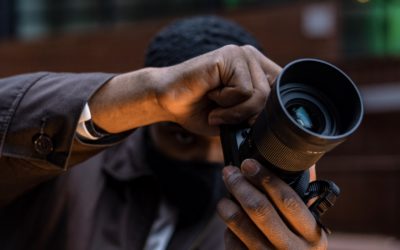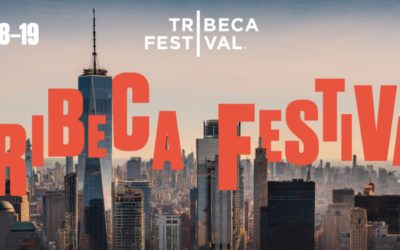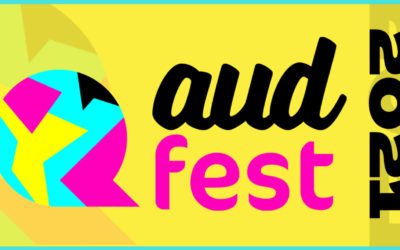From the “Sodom and Gamorra of North Carolina” to a signature event for the city of Duram.
The Carolina Theatre in Durham, North Carolina has been shaking up the sensitivities of its southern community since its re-opening in 1994. The Gay and Lesbian Film Festival, which marched its way to the picturesque theatre in 1995, altered conservative local opinions and has snowballed into a signature event for the city of Durham. Jim Carl, the senior director of The Carolina Theatre, gives us the history of the festival and its role pushing for acceptance of the LGBTQ community in Durham.
Q: How did you get your start at this festival?
I started at the Carolina Theatre in October of 1995. In 1994, the theater was re-opened after a major renovation. It was the last of the historic theaters left in this part of North Carolina. The city invested quite a bit of money to renovate it, upgrade it and open it. The theater had been opened about a year and — as sheer coincidence had it — the 1995 North Carolina Gay Pride Parade was going to be happening in Durham that particular year. The organizers of the gay pride march came to the Carolina Theatre management and asked if we’d be interested in showing a series of gay and lesbian films in conjunction with Pride.
Q: And how did the Durham community react?
You have to remember that in the mid-90s, especially in politics, this area was known as Jesse Helms’ country. The idea of a city like Durham producing a gay and lesbian film series was just non-existent. There was a huge controversy in the community, not only because of the content of the films, but also because this festival was the very first public face that the theater had put on and people were looking at the Carolina Theatre saying “We just spent all this money and look what they’re doing — showing all of these queer films.” People were furious and thought of it as a betrayal of their trust, in fact.
There was this perception that gay and lesbian films were going to be pornographic. Community leaders and church leaders were very upset. It got so bad that the city council members had to be brought in, and the films had to be screened in advance to prove to them that they were not pornographic. Then they gave the go-ahead after seeing that we were showing some rom-coms and a couple of docs — films that were giving a positive image back to the gay and lesbian community.
Q: And that initial series turned into a film festival?
So, the series went on that year in 1995 in conjunction with pride. Then we decided to actually produce a film festival ourselves. In 1996, we had the inaugural North Carolina Gay and Lesbian Film Festival. I remember in ’96, ’97, ’98 we had protesters on the plaza. There were people picketing. Patrons literally had to walk through that crowd to get to the theater. In the newspapers and in the media, the quote was “the Carolina Theatre is the Sodom and Gomorrah of North Carolina.”
Q: What’s the vibe in Durham now regarding the festival?
As the years passed, the controversy died down. This all happened in the late ’90s early 2000s with the mainstreaming of LGBT culture, with shows like Will and Grace and Queer Eye For the Straight Guy — basically, when LGBT characters invaded main-stream television and weren’t just negative characters. Once that started to happen, those people who had enough time on their hands to object to this film festival found better things to do. Now we have very little opposition. It’s been years since I’ve seen anyone picketing the festival. At this point I think they’re picketing the fresh market down the street. They have an opposition against fresh fruit I suppose!
The festival has had a great impact on Durham. It is now considered an event that the entire city has become proud of and that the Visitors and Convention Bureau now flaunts on their website and in all of their literature. It has gone from being this shameful little embarrassment to becoming a signature event for the entire city.
The North Carolina Film Festival has free open submissions. The festival is held from August 15-24. Visit their website for a full schedule.
–




